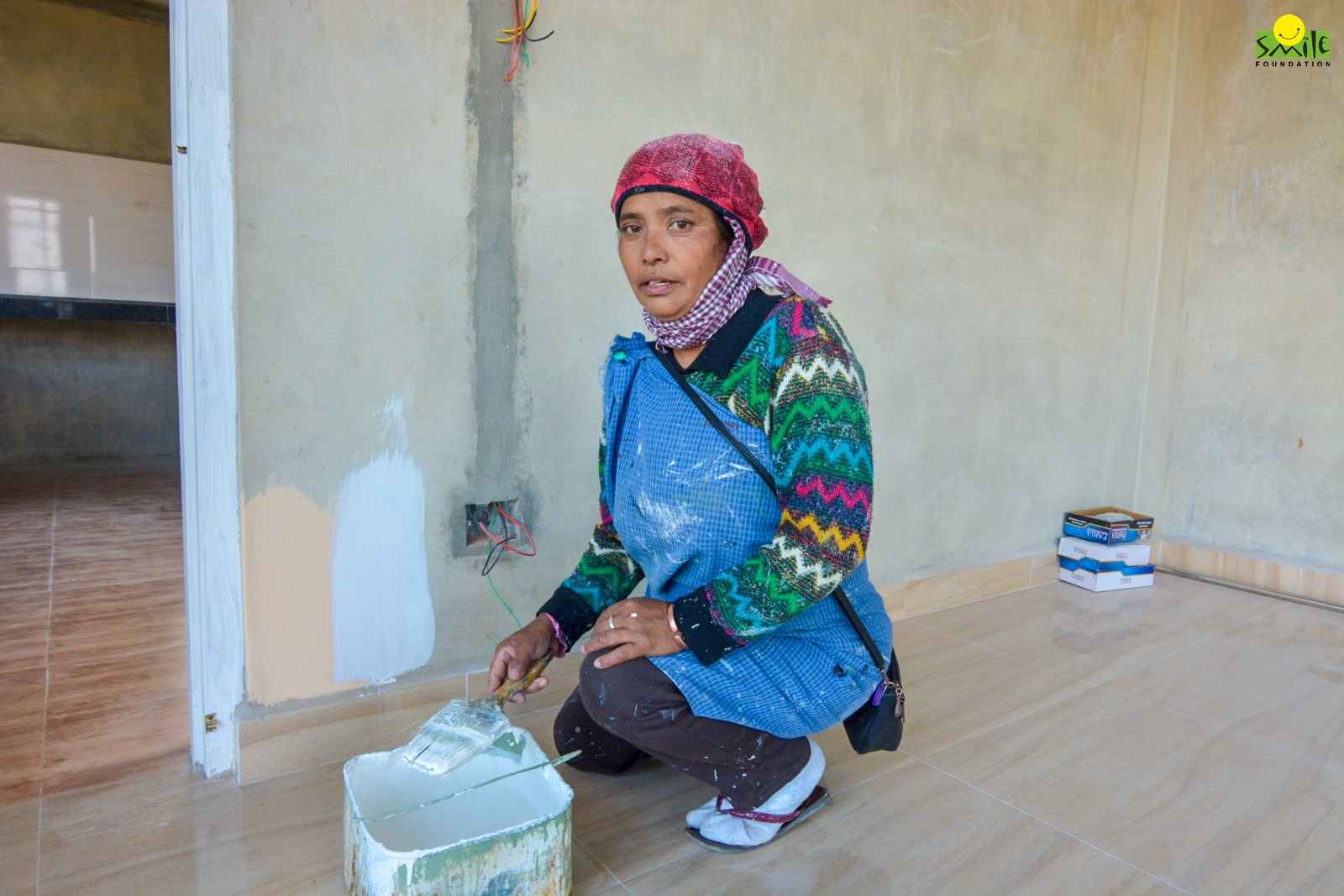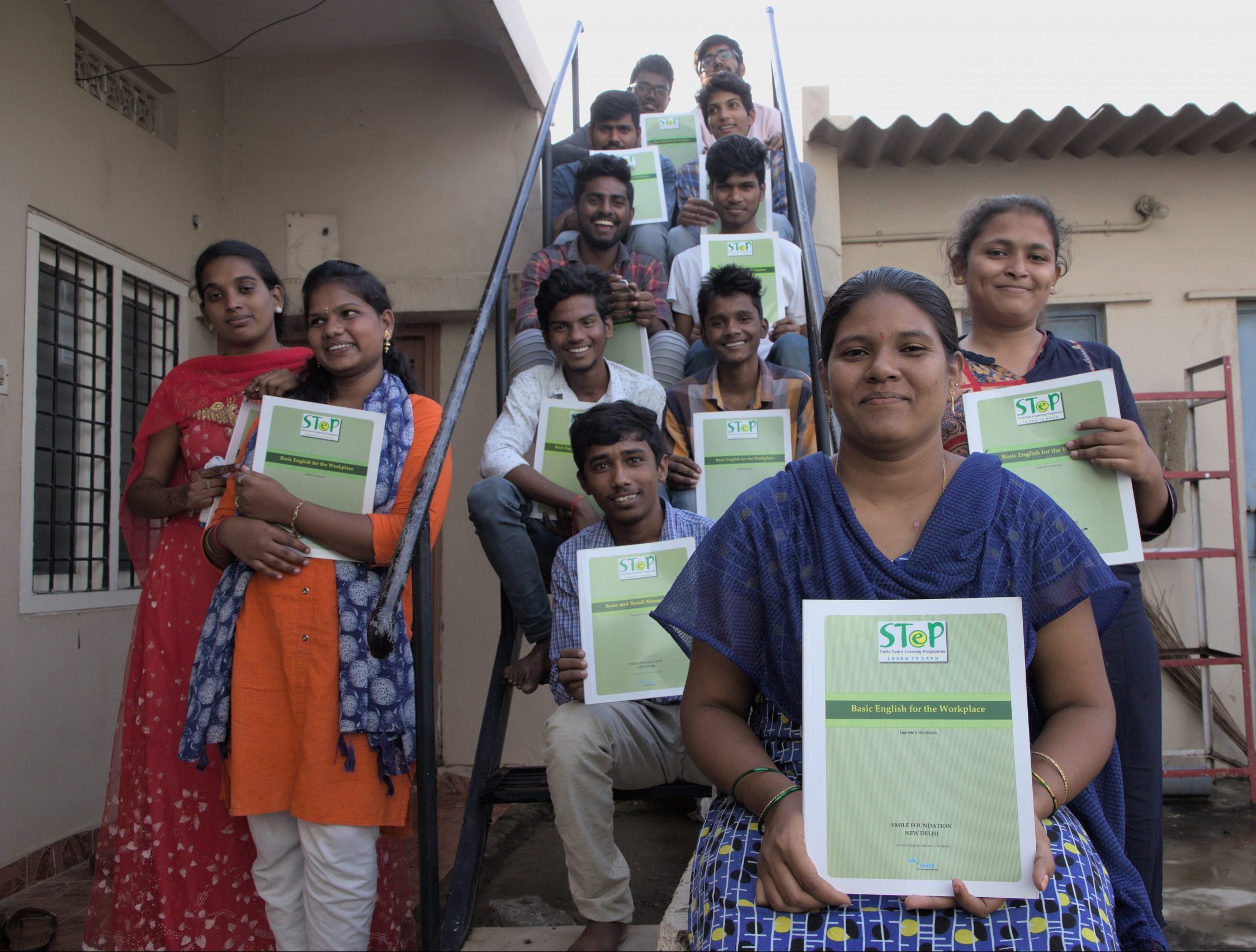Artificial Intelligence – it is a buzzword today. AI is often touted as the next-gen technology that has the potential to change the world for the better. But what exactly is Artificial Intelligence or AI? And why are we talking about AI in healthcare today? Let’s try to understand it this way; the human brain is a complex organ.
It can process information at an unbelievable speed and help create wonders. Now, when computers develop this capacity to learn from information, identify patterns, and perform certain tasks on their own, we call it Artificial Intelligence.
Now, coming to AI in healthcare and its benefits. As mentioned above, AI is being used today to enhance or improve a myriad of healthcare activities. For example, manufacturing or supply-chain management is becoming more and more efficient because of AI. Artificial Intelligence is also being used to improve security.
In the same way, AI is also being integrated into healthcare services to enhance their delivery.
Artificial Intelligence and Healthcare in India
In a country where healthcare workers make up only close to one-fourth of the recommended limit by the World Health Organisation, AI in healthcare becomes a necessity. Today, AI is being used to diagnose patients, detect risks, read, and analyse reports, and much more.
As we move forward, we can expect Artificial Intelligence to also transform the medicine or pharmaceutical industry in India. Private players are using AI in medicine to test and develop new drugs, and also reducing the administrative costs of manufacturing and supplying them.
Not just that, Artificial Intelligence is also being used in India to now set up remote ICUs. These smart ICUs allow 24X7 monitoring of patients in remote areas by doctors sitting in urban centers. Imagine how revolutionary this can be for a country where numerous people lose their lives because they have to travel hours to access good quality emergency care.
Having said that, is AI in healthcare and medicine on the path to becoming a trillion-dollar industry in India?
Future of AI in Healthcare for India
As per reports, by 2025, it is anticipated that India will spend $11.78 billion on AI. By 2035, it is projected to have increased India’s economy by $1 trillion. Further, spending on AI grew by more than 109% in 2018, growing to a $665 million industry. This shows that AI in healthcare industry is on a positive trajectory of growth in the country.
There are a number of reasons for this. As discussed above, one of the biggest reasons is the lack of good quality healthcare infrastructure in rural, as well as semi-urban, areas. With India’s growing population, the healthcare sector is expected to be burdened more in the coming years.
Amidst all this, the benefits of AI in healthcare are immense for a country like India. Early disease diagnosis, the development of new drugs, drug testing, diabetic retinopathy, cancer treatment, cardiovascular disease, and eye care are all areas where artificial intelligence is already being used.
AI Experiments in India Related To Healthcare
NITI Aayog has been experimenting with the use of AI to detect early-stage diabetes. It is also testing the use of AI in eye screening.
At the same time, the National Center for Disease Control (NCDC) and a private company are working together to develop a programme that can simultaneously analyse all health-related media reports and compile a database of 33 disease outbreaks.
Initiatives are also being taken by premiere institutions like Tata Medical Center and the Indian Institute of Technology. The institutions jointly launched the country’s first de-identified cancer image bank. High-quality de-identified photos can be used by AI-based tools to help machine-learning models find biomarkers and enhance the results of cancer research.
Apollo Hospitals is also leveraging Artificial Intelligence to develop a model for predicting heart attack risks. This is a testament to the fact that the benefits of AI in healthcare are numerous and India is ready to cash upon these benefits to improve its healthcare sector.
Opportunities and Challenges for AI in healthcare
While we talked about the future of AI in healthcare, we must also address the challenges that exist. While there are many opportunities, the road ahead is not absolutely smooth. One of the biggest challenges will be investing in the research and development of technologies.
Even if we have the right technology in place, India will still require a skilled workforce that can help in the implementation of these services on the ground. Therefore, AI education, especially AI in healthcare will have to be taught in schools and colleges.
Tools and technologies based on AI need a large amount of patient data. An increase in the likelihood of incorrect decisions, such as erroneous drug prescriptions or disease detection, can be brought on by incomplete or faulty data.
It also poses a threat to privacy. So, it will have to be ensured that patient data is collected in a reliable and efficient manner, which will be a major challenge in a country like India with 140 billion people.
Additionally, AI challenges in healthcare also require ethical and responsible integration in the process. Doctors should be able to use AI as a tool and not automate entire processes.
AI in healthcare: The road ahead
Predictive models based on artificial intelligence have become one of the nation’s most effective weapons in the war against COVID-19. Computer simulations have been utilised by decision-makers to predict how the COVID-19 scenario may change over time.
Machine-learning models were created by numerous researchers and businesses, including TCS (Tata Consultancy Services) and KPMG India, in order to forecast the disease’s severity and identify at-risk groups across the nation.
This shows that the future of AI in healthcare is full of hope. What we need is to increase the benefits of AI and overcome the challenges. As India moves on the path of a trillion-dollar opportunity, the country must make the best of it to serve the people.
Smile Foundation in Healthcare
Smile Foundation finding that a mobile healthcare services delivery system is the most practical mechanism to reach the underprivileged initiated the Smile on Wheels programme. A unique mobile hospital programme that seeks to address problems of mobility, accessibility and availability of primary healthcare with a special focus on children and women, in urban slums and remote rural areas.
The initiative has so far provided free healthcare services to more than 15,41,000 children and families.









